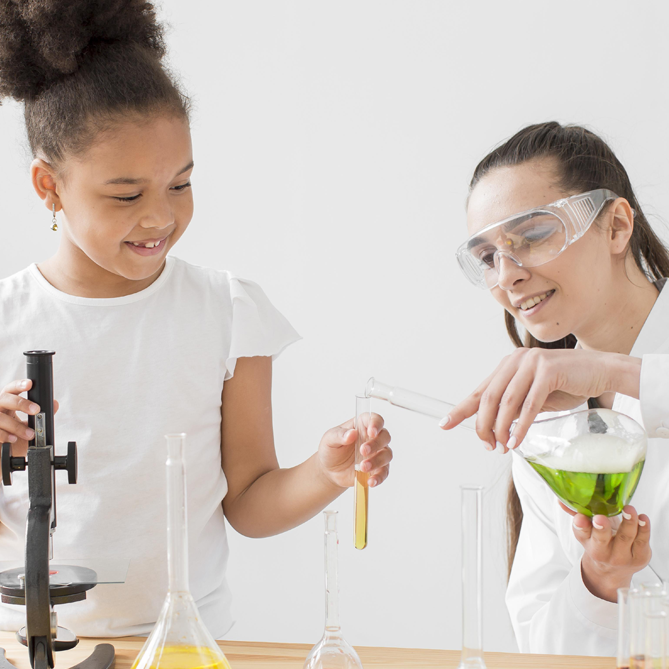Artificial intelligence (AI) currently constitutes the spearhead of an ongoing digital revolution, influencing societal futures in ways that are hard to predict. As we approach the International Day of Women and Girls in Science on February 11th, it is crucial to reflect on the role of women in shaping the future of AI and technology.
Policies and legal regulations are negotiated at a high speed, but what about the tech developers themselves? Does it really matter who is creating the code for an AI? The short answer is: it matters!
Technology development is not a neutral process driven by a set of technical skills alone; it is a social process where choices are made based on both previous experiences and creative ideas of what the technology will enable. The social world is organized in ways that lead us to live different lives, shaping a diversity of experiential knowledge. Despite being trained to inhabit the same formal skills, we will, in practice, make use of these skills from different standpoints.
As we celebrate the International Day of Women and Girls in Science, it’s essential to recognize the underrepresentation of women across all levels of research in science, technology, engineering, and mathematics (STEM). Research has identified numerous factors explaining the gender gap, and based on this knowledge, measures have been developed to make STEM inclusive and attractive for girls and women.
Even though the number of women is increasing in STEM in general, computer science, particularly in AI, lags behind, with women continuing to constitute a small minority of researchers and workers. This discrepancy underscores the ongoing challenges and the importance of initiatives like the International Day of Women and Girls in Science.
In recent years, efforts to increase diversity in STEM also include sensitivity towards how race and class intersect with gender in terms of identifying and removing barriers for women of different sociocultural backgrounds. This is crucial to the goals of both the International Day and the broader efforts of bringing women into AI.
As we strive for inclusivity, let’s remember that humans are biased, and we can avoid reproducing human bias only if we are constantly challenging ourselves and each other. The more varied human perspectives and knowledge we bring into technology development, especially on the International Day of Women and Girls in Science, the more likely it is that we can foresee a greater variety of potential effects of the technology we develop. We can even hope for a broader range of ideas about how to make use of AI for the common good. This aligns with the spirit of the International Day and initiatives like the BIAS project, where a diverse group of researchers works to understand how AI tools can be used to mitigate bias and create more fairness, contributing to the objectives of the International Day of Women and Girls in Science.
